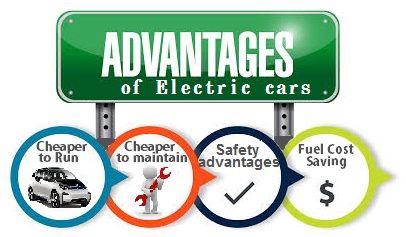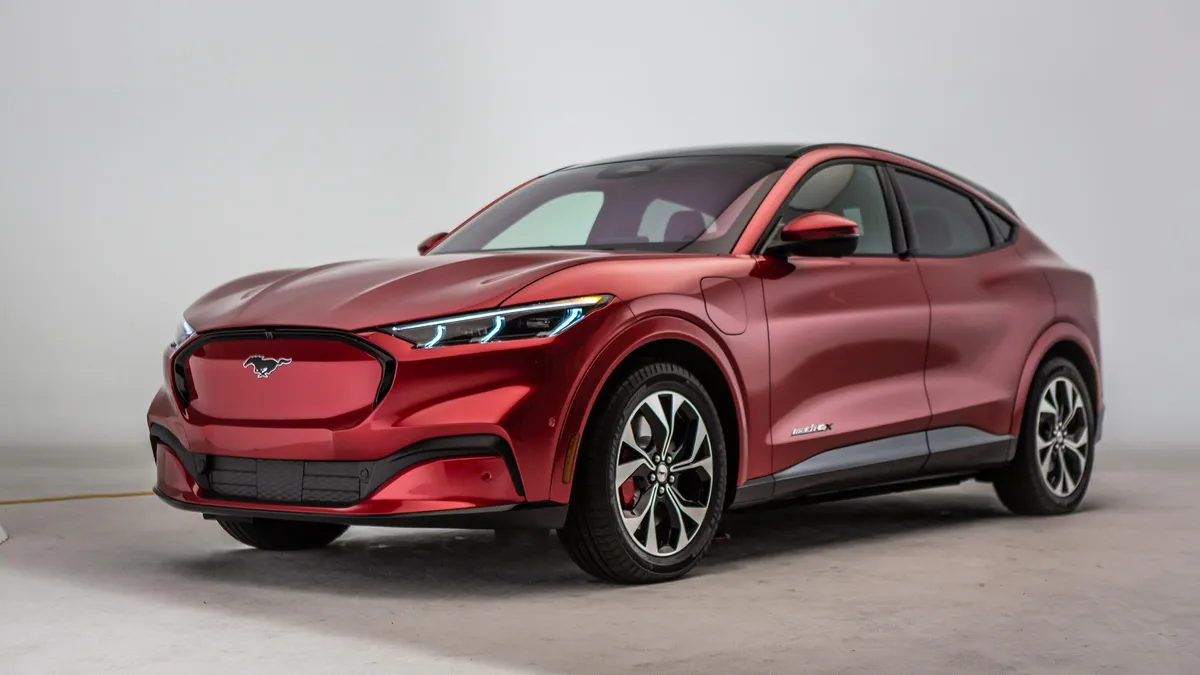Advantages of Electric Cars
We are here to provide you with a comprehensive overview of the advantages of electric cars. Electric vehicles (EVs) have gained significant popularity in recent years due to their numerous benefits, both for individuals and the environment. In this article, we will explore the advantages of electric cars and why they are becoming a preferred choice for many.
Environmental Benefits
One of the key advantages of electric cars is their positive impact on the environment. Unlike traditional gasoline-powered vehicles, electric cars produce zero tailpipe emissions. This means they do not emit harmful pollutants such as carbon dioxide, nitrogen oxides, or particulate matter, which contribute to air pollution and climate change.
By switching to electric cars, we can significantly reduce our carbon footprint and combat the negative effects of greenhouse gas emissions. Additionally, electric cars contribute to improved air quality, making our cities cleaner and healthier places to live.
Cost Savings
Electric cars offer substantial cost savings compared to conventional vehicles. Although the initial purchase price of an electric car may be higher, the long-term savings on fuel and maintenance expenses make them a more economical choice.
Electricity is generally cheaper than gasoline, resulting in lower fuel costs for electric car owners. Moreover, electric cars have fewer moving parts and require less maintenance than internal combustion engine vehicles. This means lower maintenance and repair costs over the lifetime of the vehicle.
Energy Efficiency
Electric cars are more energy-efficient than traditional vehicles. While internal combustion engines waste a significant amount of energy through heat and friction, electric motors convert a higher percentage of the energy stored in the battery into actual power to propel the vehicle.
Furthermore, electric cars benefit from regenerative braking technology, which allows them to recover and store energy while decelerating or braking. This energy can be used to extend the driving range, enhancing overall efficiency.
Reduced Dependence on Fossil Fuels
With the limited availability of fossil fuels and their negative environmental impact, reducing our dependence on them is crucial. Electric cars offer a viable solution by relying on electricity as their primary source of energy.
By transitioning to electric vehicles, we can decrease our reliance on fossil fuels and promote the use of renewable energy sources. This shift plays a significant role in achieving a sustainable and greener future.
Government Incentives
Many governments around the world provide various incentives to encourage the adoption of electric cars. These incentives can include tax credits, rebates, or subsidies, making electric vehicles more affordable and attractive to potential buyers.
By taking advantage of government incentives, individuals can enjoy additional cost savings and contribute to the growth of the electric vehicle market.

Electric cars offer a multitude of advantages, ranging from environmental benefits to cost savings and energy efficiency. By opting for electric vehicles, we can contribute to a cleaner environment, reduce our carbon footprint, and promote sustainable transportation.
As electric car technology continues to advance and infrastructure improves, the advantages of electric cars will only become more prominent. It is essential to consider these benefits when making a decision about your next vehicle, contributing to a greener and more sustainable future for all.
Frequently Asked Questions about the Advantages of Electric Cars
1. What are the advantages of electric cars?
Electric cars have several advantages, such as reducing greenhouse gas emissions, lower operating costs, and promoting energy independence.
2. Are electric cars better for the environment?
Yes, electric cars produce zero tailpipe emissions, reducing air pollution and combating climate change.
3. Do electric cars save money?
Electric cars can save money in the long run due to lower fuel and maintenance costs compared to traditional gasoline-powered cars.
4. Can electric cars help reduce dependence on fossil fuels?
Yes, electric cars rely on electricity as a fuel source, reducing our dependence on fossil fuels and promoting a more sustainable energy mix.
5. Are electric cars more energy-efficient?
Electric cars are generally more energy-efficient than internal combustion engine vehicles, as they convert a higher percentage of stored energy into motion.
6. Do electric cars have a longer lifespan?
Electric cars often have fewer moving parts and simpler drivetrains, which can result in longer lifespans and reduced maintenance requirements.
7. Can electric cars be charged at home?
Yes, most electric cars can be charged at home using a standard electrical outlet or a dedicated charging station.
8. Are there enough charging stations for electric cars?
Charging infrastructure is rapidly expanding, and there are now many public charging stations available, making it easier to charge electric cars on the go.
9. Are electric cars quieter than traditional cars?
Electric cars are generally quieter than traditional cars since they do not have a loud internal combustion engine.
10. Can electric cars go as fast as gasoline-powered cars?
Yes, many electric cars have impressive acceleration and top speeds, and some high-performance electric vehicles can even outperform gasoline-powered cars.
11. Are electric cars eligible for government incentives?
Yes, in many countries, electric car buyers can benefit from government incentives, such as tax credits, rebates, or grants.
12. Do electric cars require less maintenance?
Electric cars typically require less maintenance since they have fewer parts that can wear out compared to traditional cars, such as no oil changes or transmission maintenance.
13. Can electric cars help reduce noise pollution?
Yes, electric cars produce less noise pollution than traditional cars, contributing to quieter and more peaceful urban environments.
14. Are there any disadvantages to electric cars?
Some potential disadvantages include limited driving range, longer refueling times compared to gasoline cars, and the initial higher purchase price.
15. Can electric cars be charged using renewable energy sources?
Yes, electric cars can be charged using electricity generated from renewable energy sources, such as solar or wind power, further reducing their environmental impact.




